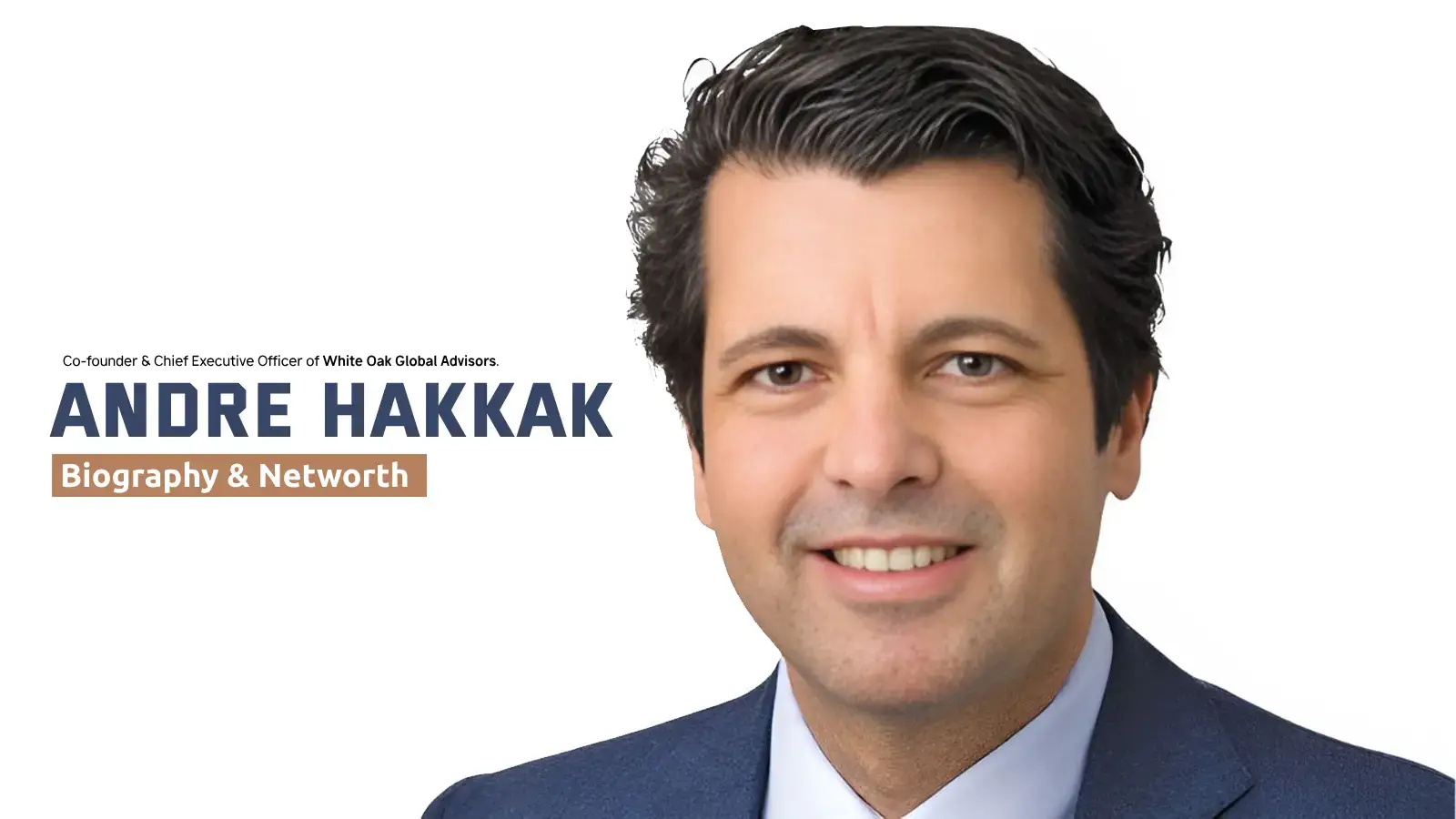Dealing with the consequences of a brain injury can be exhausting and life-changing. However, obtaining a Dallas brain injury attorney and understanding the steps in the legal process will help you make better decisions. Brain injury attorneys have expertise in complicated medical, legal, and financial issues concerning a traumatic brain injury (TBI) to give clients and their families every chance to receive complete care and total compensation. This guide will provide clients with some ideas about what they can expect from the services of a Dallas brain injury attorney. An experienced Dallas child injury attorney may also be a part of the process when a minor has suffered catastrophic injuries.
Initial Consultation and Case Viability Assessment
The attorney-client relationship begins with a detailed intake and case assessment to establish the legal basis for the claim.
- During this stage, the Dallas brain injury lawyer conducts a thorough review of factual information, such as medical records, the circumstances of the accident, and any initial treatment records.
- The consultation also involves assessing the elements of causation, specifically actual cause (“cause in fact”) and proximate cause, to establish a connection between the defendant’s negligence and the injury suffered.
- Clients learn about Texas personal injury laws, such as the two-year statute of limitations for filing a TBI case, and receive guidance on preserving evidence that will be crucial to the case.
- During this session, the attorney outlines the fee structure, which is most often done on a contingency fee basis. This means that the attorneys will not be paid until a recovery is achieved, mitigating the financial risk to the client.
This initial meeting sets out a foundation of trust where clients are offered clear and understandable explanations of their potential legal options, the intricacies of brain injury damages, and expectations of strategy.
Detailed Evidence Collection and Expert Collaboration
To prove brain injury claims effectively, you will need to develop and gather credible medical, scientific and economic evidence.
- A Dallas brain injury attorney obtains medical histories, including diagnostic imaging (CT scans, MRIs), hospital discharge summaries, and rehabilitation notes that identify the injury and prognosis.
- The lawyers work with medical professionals in neurology, neuropsychology, and physiatry, who will testify in court and to insurance based on their observations, detailing cognitive, behavioral, and physical deficits.
- Life care planners will project future medical and therapy needs, structural features (e.g., wheelchair ramps), and caregiving needs.
- Evidence may also include accident scene investigation, eyewitnesses, or surveillance to demonstrate liability and bolster claims of damages.
All of these components make up the case’s portfolio of evidence to support the appropriate legal demand, as well as prepare for the eventual response from the Dallas brain injury lawyer.
Strategic Negotiation Phase with Insurers
The negotiation with insurance companies represents an important transition phase.
- The Dallas brain injury attorney prepares and sends the insurer a demand letter, which clearly states liability, injuries, damages, and the medical documentation, which starts the negotiation process.
- Insurers will come to the negotiation with an initial offer that is usually unreasonably low, and Dallas brain injury attorney will respond to this offer with a demand backed by evidence.
- Negotiators also address issues such as contributory negligence, pre-existing conditions, or other disputes.
- Communication protocols maintain client-informed consent before accepting or rejecting settlements.
Litigation and Trial Procedures If Required
If a negotiated resolution cannot be obtained, litigation in the Texas courts will typically follow an extensive multi-step legal process.
- The lawsuit begins with a complaint being filed in a civil court setting out the claims for negligence and damages.
- During the discovery phase, documents and interrogatories are exchanged, and witnesses, parties, and experts are deposed.
- The pretrial hearings are for resolving procedural and evidentiary issues and preparing for trial.
- The trial consists of evidence being presented, cross-examination, and then finally closing arguments, all structured to clearly emphasize the catastrophic injury’s lifelong impact.
- After a verdict, an appeal may result, or a settlement may be reached.
Continuous Support and Client Advocacy
More than just a lawyer representing clients in court, a Dallas brain injury attorney provides a true partnership with each client, being available throughout the process.
- Keeping clients updated on what is happening and what will be happening enables a transparent and consistent relationship with the brain injury attorney.
- Legal teams engage in the process by incorporating further post-settlement assistance with structured settlements, Medicaid planning, and addressing future claim aggregation for clients.
- Empathy, responsiveness, and professionalism for recovering brain injury survivors and their caregivers, such as medical providers, rehabilitation, and mental health professionals.
- families remain cornerstones of a good Dallas brain injury lawyer , addressing their well-being beyond litigation.
Conclusion
To summarize, engaging a Dallas brain injury lawyer involves a complex, full-service process that gives clients the opportunity to bring a claim to the best possible closure. The Dallas child injury attorney and brain injury lawyer at Clark Law Group will provide information and clarity and advocate to maximize the value of settlements for survivors of brain injury and their families. The attorney makes the process easier, from the very first consultation to resolution.
Contact Clark Law Group for personalized consultation with Dallas’s trusted brain injury attorneys—your ally for justice and recovery at every step.




